Probiotics and prebiotics are quite important elements for maintaining health. Having very similar names it is easy to confuse them, yet the two are not the same and play different roles.
positives present in certain foods or supplements, able to reach the intestine alive and provide numerous health benefits, first of all the restoration of the balance of the intestinal microbiota, ie the intestinal flora.
Prebiotics, on the other hand, are soluble dietary fibers that represent the nourishment of probiotic bacteria and guarantee their growth in the intestine. They help normalize intestinal functions and those of the immune system. They are also excellent allies of metabolism and can prove effective against the rise in blood sugar in people suffering from diabetes.

Why are intestinal bacteria useful?
The good bacteria, or probiotics, in the digestive tract help protect against harmful bacteria and fungi, improve immune system function, decrease symptoms of depression and cope with obesity.
In addition, some intestinal bacteria are responsible for the formation of vitamin K and short-chain fatty acids, the latter main sources of nutrients for the cells that line the colon and precious to help reduce any inflammation.
that keeps the number of useful bacteria high enough and prevents the spread of harmful ones.
In fact, when you regularly feed the wrong ones, they are able to grow faster and colonize the intestine more easily, without the probiotics being able to prevent them from doing so.
For example, a diet high in sugar and fat negatively affects gut bacteria and can contribute to insulin resistance and other non-positive conditions.
In addition, high concentrations of harmful bacteria and less healthy intestinal flora are conditions associated by several studies with a higher body mass index (BMI).
Even foods treated with pesticides can have negative effects on the balance of intestinal bacteria, as well as antibiotics.
Studies have shown that the latter can cause permanent changes in some types of bacteria, especially when taken during childhood and adolescence.
alive but before thinking about adding them to your diet using this method, it is good to know that the foods that contain them naturally are also different.
Those that have a higher concentration are vegetables, fruits and legumes.
Humans would not be able to digest this type of fiber, but good gut bacteria, feeding on it, intervene in the process and make it possible, supporting healthy digestion and keeping immune function high.
Specifically, the foods with the highest content of prebiotic fibers are:
- chickpeas
- beans
- peas
- oats
- bananas
- berries
- Jerusalem artichoke
- asparagus
- dandelion
- garlic
- leeks
- onions.
The easiest to find are:
- sauerkraut,
- cheeses,
- kombucha tea,
- kefir (dairy and non-dairy),
- some types of pickles (unpasteurized),
- other vegetables in oil (not pasteurized).
If you decide to add fermented foods to your diet for their probiotic benefits, make sure they are not pasteurized, as this process kills all bacteria, including beneficial ones.
Cheese, kefir and sauerkraut are considered symbiotic foods, because they contain both beneficial bacteria and a prebiotic source of fiber that the bacteria themselves can feed on.
Among the recognized potential of symbiotics, the improvement of lactose intolerance and absorption of some minerals such as calcium, iron and magnesium, but also the ability to normalize intestinal function.
How to take them with food supplements
If you feel you are not getting enough probiotics through your diet, you can add them to your diet with specific supplements.
Probiotic supplements are pills, powders or liquids that contain live beneficial bacteria or yeasts, specific for intestinal health. Probiotics are of many types and consequently also supplements are different and with different functions. Before buying them, therefore, you need to be well informed.
Their intake is especially useful for restoring intestinal balance compromised due to various factors such as stress, diet change, prolonged intake of antibiotics or gastrointestinal infections.
For greater effectiveness, probiotic supplements should be taken on an empty stomach, for at least 3-4 weeks, in addition to a diet that already includes them.

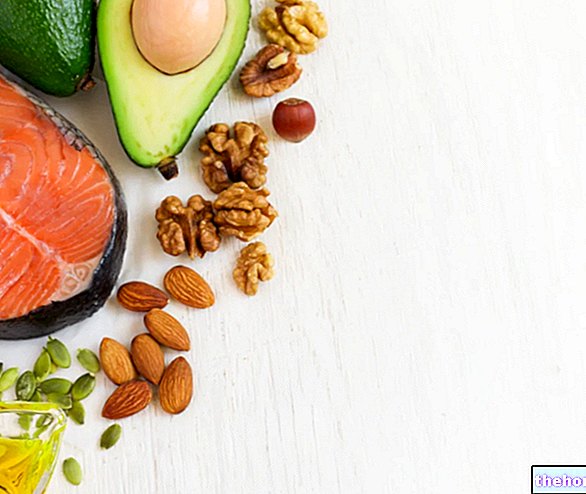
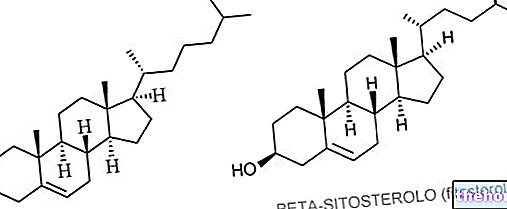
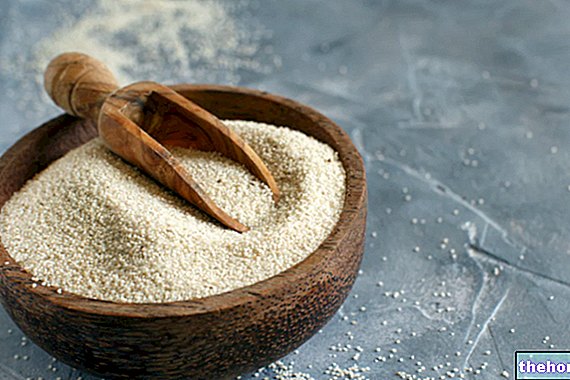
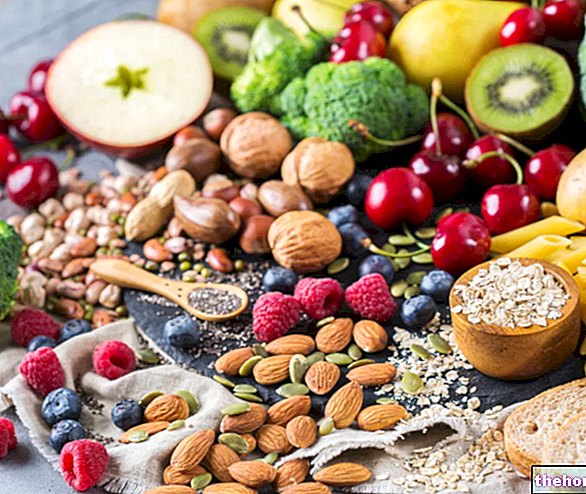
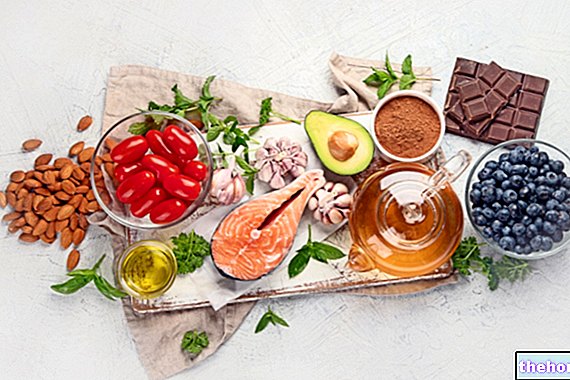
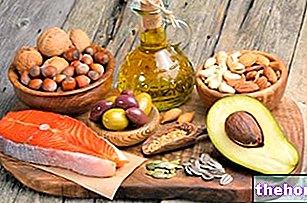


.jpg)


















